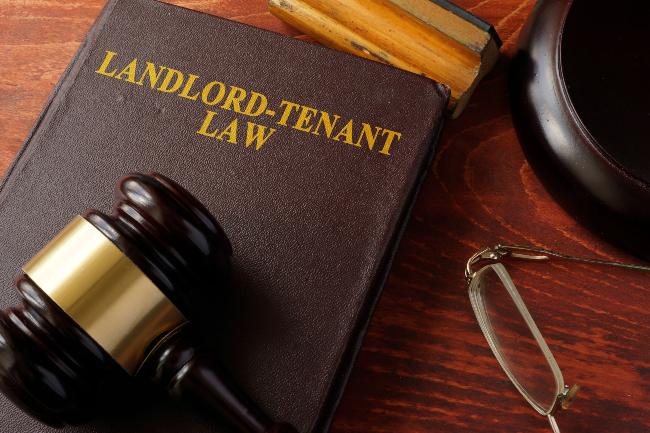For some homeowners, having a strata title bears little significance. They may not see the necessity to perfect the transfer (issue the strata title in his name) due to the legal fees and stamp duties incurred from that process.
These homeowners, however, will be in for a frustrating time once they attempt to sell the property or charge it for a refinance with the bank.
What constitutes a strata title?
Ismail Sabri Wee and Wong partner Ng Choon Yon explained that strata titles are basically separate individual titles issued for the kind of property whereby the building or land is subdivided into a number of parcels.
It specifies the ownership details, area of the particular unit and accessory parcel. In other words, it acts as the final proof of the built-up area of the owner's unit and the owner's apportionment of the share in total aggregate units.
Among the importance of a strata title is that it empowers the owner with control over the individual units of high-rise properties and strata landed ones. In this regard, it acts as proof that enables the owner to get involved in the maintenance and management of said strata property.
A strata title also acts as a dealing instrument when it comes to certain processes involving the property, for instance, charged it to the bank for a loan," said Ng.
Furthermore, it facilitates disposal of the property—a vendor wishing to sell off his property with a strata title does not need to get the developer's consent nor pay any consent fees arising therein.
Legal hurdles to overcome
"As long as the strata title has not been transferred, the land and common property are still owned by the developer according to the land registry," said Ng.
Nevertheless, it is to be stressed that the beneficial ownership in respect of that particular parcel has already been assigned to the purchaser or the financial institution following the execution of the sale and purchase agreement (S&P) and/or deed of assignment.
Without a strata title, the owner (beneficial owner) has to procure all the S&P documents for the property. Assuming that the property in question had changed ownership a few times over, the current buyer will need to procure the S&P from the very first point of transaction ( first purchaser with the developer), then the S&P between the first purchaser (now seller) with the second purchaser, stretching forth till the final transaction.
"Following enforcement of amendments to Strata Titles Act and introduction of Strata Management Act 2013, strata titles need to be issued upon vacant possession of the property," said Siow.
"There is a huge process to go through if there are any missing documents in between the length of transactions," said Ismail Sabri Wee and Wong partner Siow Wai Pin, who pointed out that a police report needs to be filed. With the possession of a strata title, however, the owner can easily prove his ownership through a land search.
Previously, it is a norm for owners of strata properties to take up to several years to obtain their strata titles. According to Siow, the enforcement of the Strata Titles (Amendment) Act 2013 and Strata Management Act 2013, enunciated that strata titles need to be issued upon vacant possession of the property. As a consequence, prolonged delay in issuance of strata titles should no longer be the case today.
.jpeg)







.jpg)

.jpeg)

